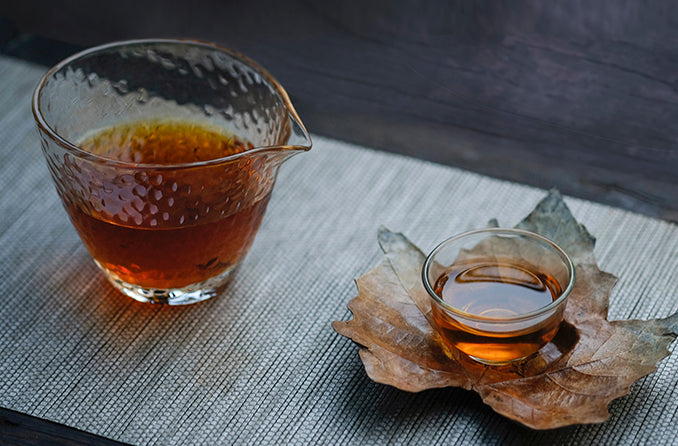Does Water Type Affect The Taste Of Tea?


The taste of your tea can be manipulated by a variety of factors, but did you know that water quality can affect the taste of your tea? What do we mean by water quality? Water quality refers to hard and soft water, these terms describe the concentration of minerals like calcium and magnesium in the water supply, many people believe that hard water is worse for your health but that isn’t the case, neither soft nor hard water has any health risks other than an upset stomach if you drink too much of the hard water, meanwhile, hard water contains more minerals that are beneficial for your body. These mineral compositions can have surprising effects on the taste of tea and how long the tea brews.
How does hard water affect the taste of tea?
Sometimes if the mineral concentration is too high in water it can have a negative effect on the taste of your tea, even the most high-quality teas can be unpleasant in the presence of hard water. A great indicator of hard water in your house would be that your tea tastes flat and the colour of the water isn’t as vibrant or dark as it needs to be. However, having moderately hard water is good as this can make the tea darker and thicker, so it’s best to have that medium. Another way you can physically see hard water is by looking inside your kettle, if there’s a lot of white build-up, this is caused by calcium carbonate aka limescale which is what makes the water hard. Boiled water removes the majority of the calcium, but a water filtering machine or jug may also be beneficial if you aren’t satisfied with the taste of your tea.
How does soft water affect the taste of tea?
Many individuals believe that for optimal tea blending, soft water is the best choice. One thing to bear in mind is that soft water tends to have slightly more sodium than hard water, making the water taste very slightly ‘saltier’. While many might not notice this, it may seem a little strange at first and take some getting used to. Additionally, soft water doesn’t contain as many of the beneficial minerals, such as calcium and magnesium, so there are negatives and positives of both water types.
Can you harden your tea?
Did you know there are ways to increase the hardness of your water temporarily? Baking soda can be used to increase the hardness of your water due to the calcium chloride found in the solution. You can add half a tablespoon of baking soda to your water, which provides calcium, a mineral that is beneficial for your body. However, it’s a lot easier to soften hard water as the process of filtration can be done by boiling the water and using a filtering jug whereas hardening water requires mixing in a specific ingredient. We recommend enjoying your tea with the water you have, softer water may make the tea too strong so try and adapt your brewing times meanwhile hard water takes longer, so change the brewing times accordingly. As mentioned above, there are no known health risks of both water types and most of the problems are due to preference.




Leave a comment